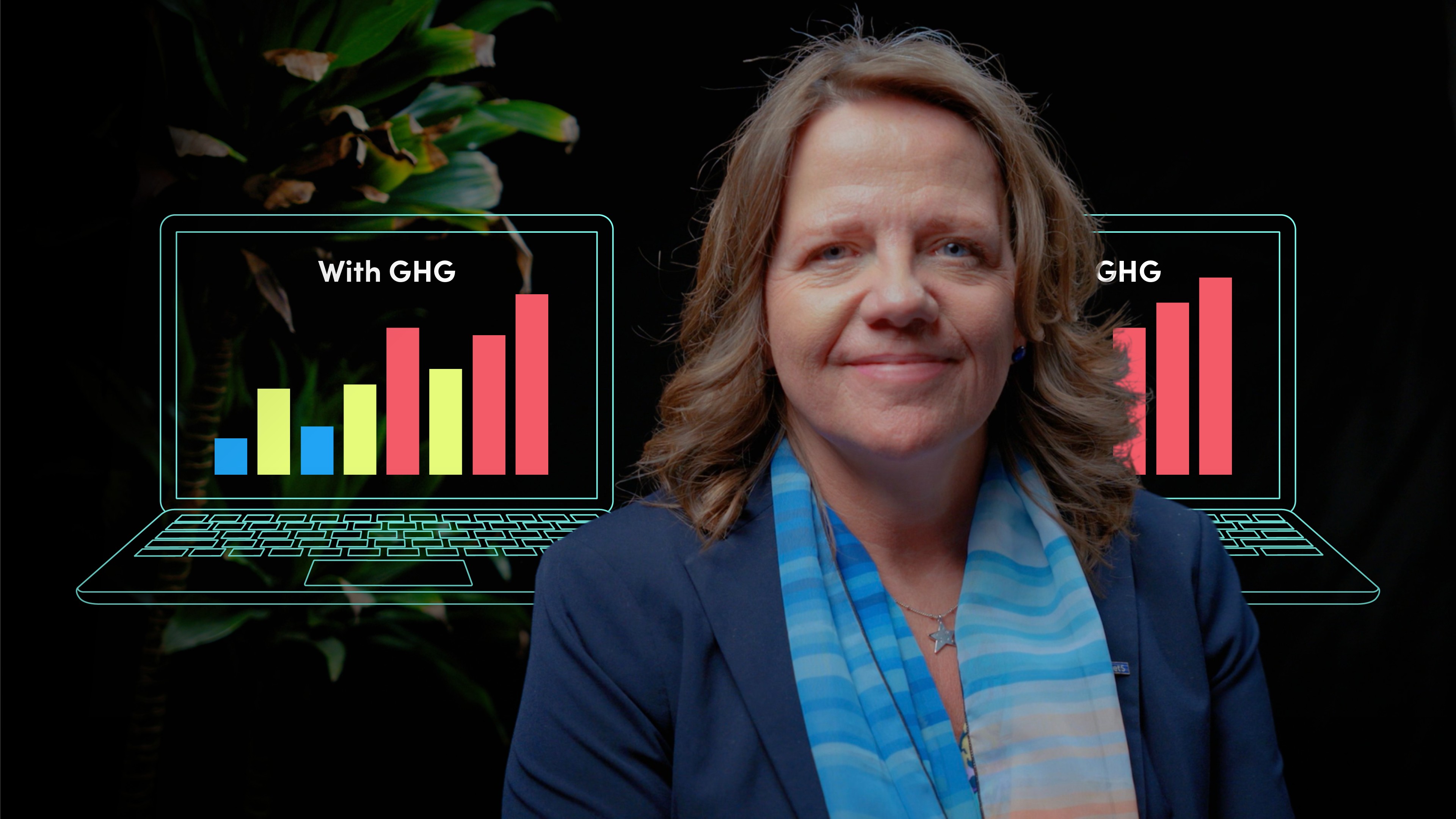
Current Global Climate Projections

Liz Bentley
25 years: Meteorologist
So what does the future seem to hold for the climate? Join Liz Bentley as she delves into climate projections and global tipping points.
So what does the future seem to hold for the climate? Join Liz Bentley as she delves into climate projections and global tipping points.
Subscribe to watch
Access this and all of the content on our platform by signing up for a 7-day free trial.

Current Global Climate Projections
13 mins 20 secs
Key learning objectives:
Understand projected changes in climate
Describe the value of climate attribution
Outline the climate tipping points
Overview:
Climate projections show that global temperatures are expected to continue to rise, with the magnitude depending on future greenhouse gas emissions and the SSP scenarios. The IPCC projects that global average temperatures could increase by 1.5°C to 4.4°C by the end of the century. Changes in precipitation patterns are expected to occur, along with raised sea levels. We need to be aware of climate tipping points, which could lead to rapid and irreversible changes in the global climate. These include the melting of the ice sheets, the collapse of the Atlantic Meridional Overturning Circulation and release of methane from melting permafrost.
Subscribe to watch
Access this and all of the content on our platform by signing up for a 7-day free trial.
Subscribe to watch
Access this and all of the content on our platform by signing up for a 7-day free trial.

Liz Bentley
There are no available Videos from "Liz Bentley"





























